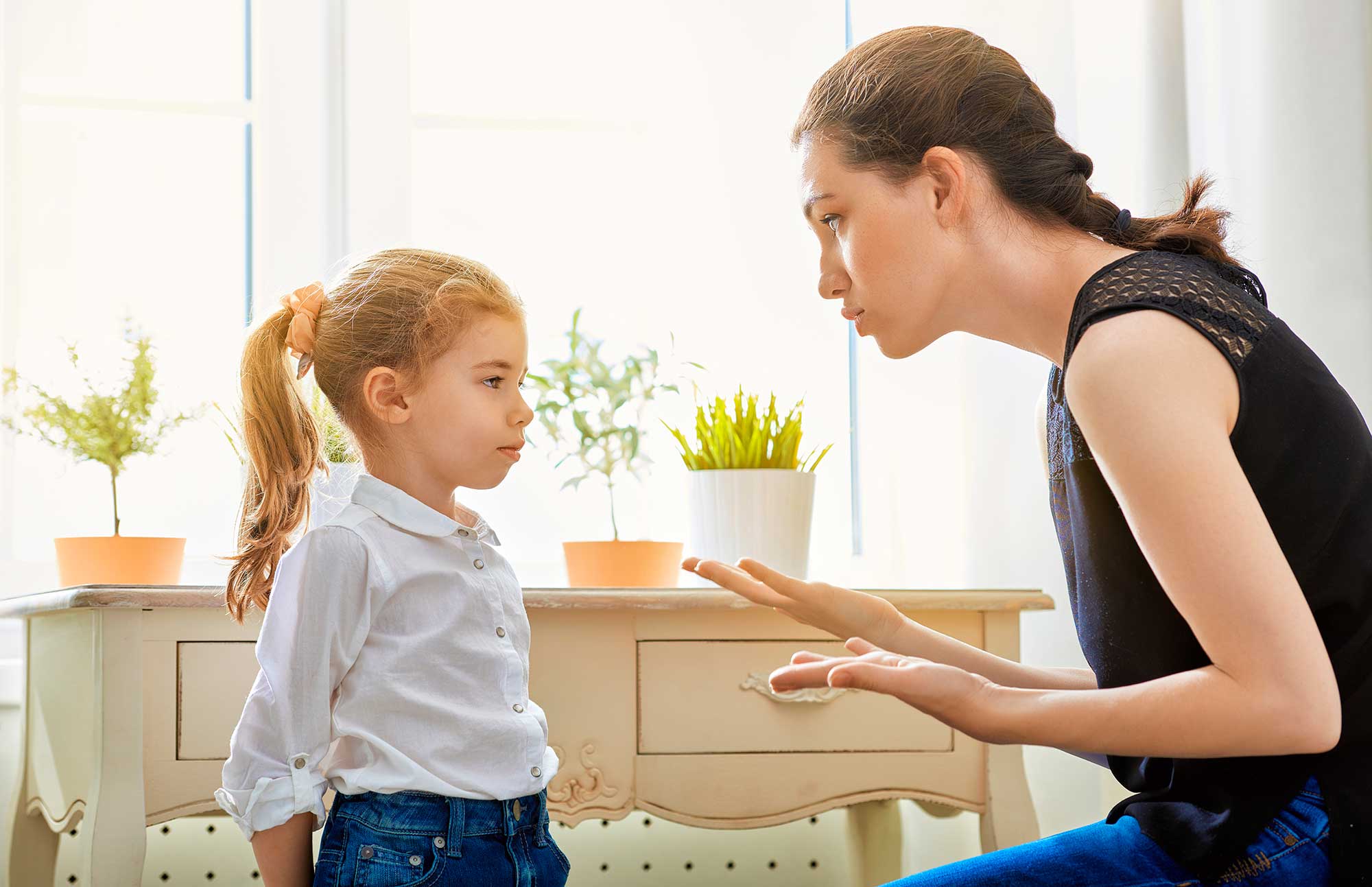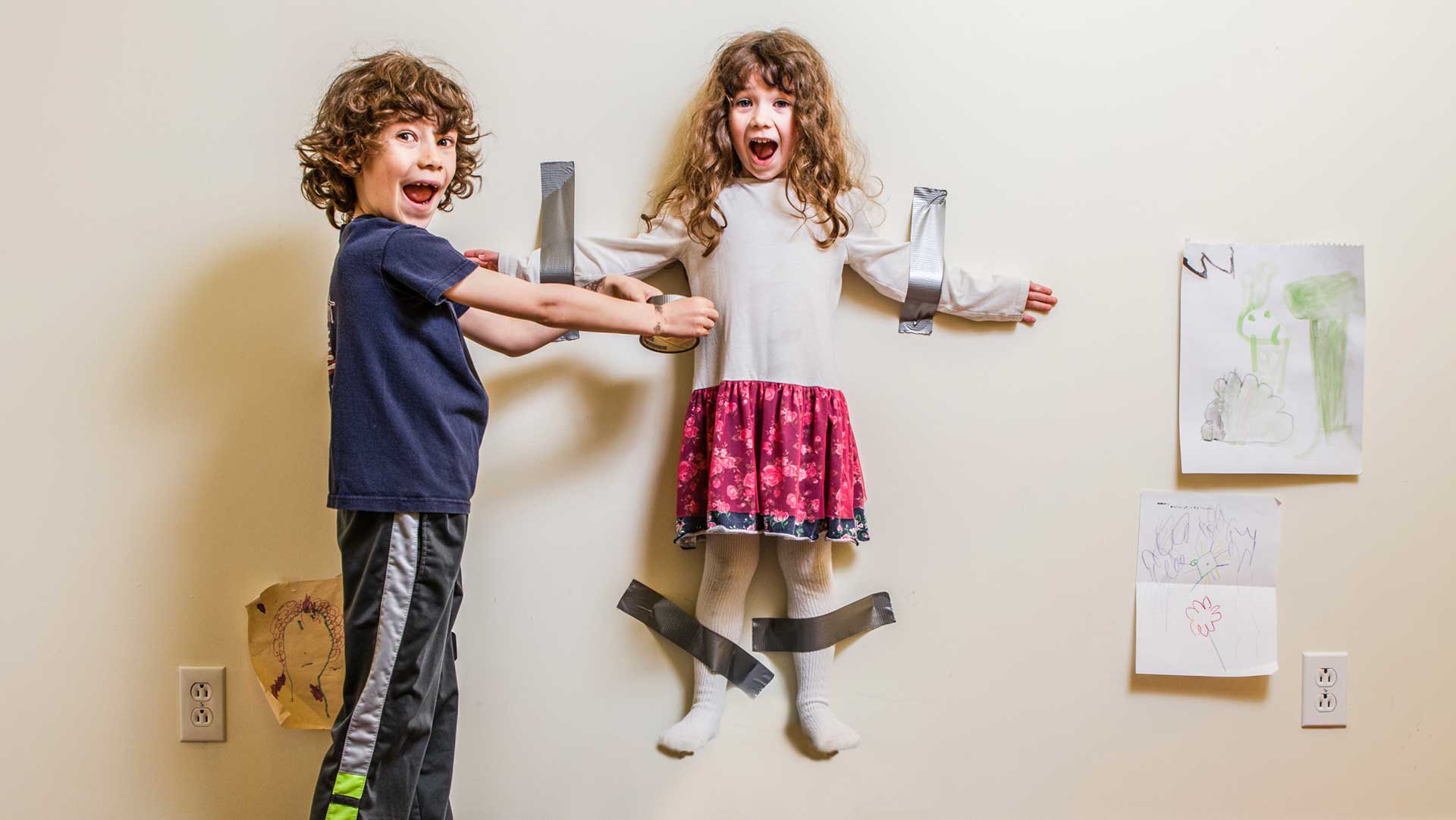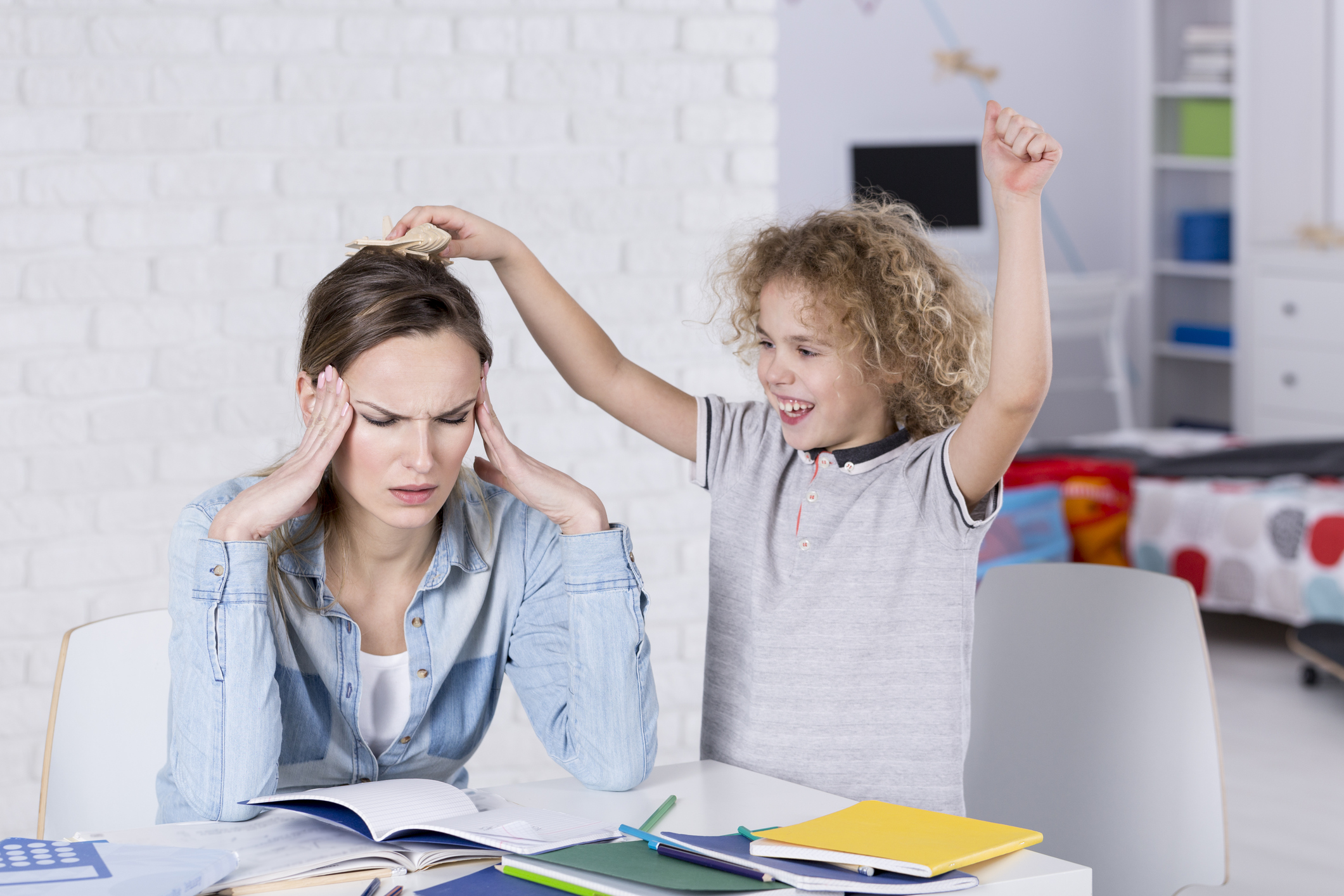Is it time that we looked at different approaches to disciplining our children? One Kiwi expert certainly thinks so!
Experienced therapist and mother Dr Anna Martin says if we want to help our children grow into well-rounded adults, we need to change our approach to how we discipline them.
This finding, after many years of academic research, followed a number of case studies involving children aged 10 to 11 years in their family environment.
“My research looked at how much parents are missing the mark when it comes to understanding their children’s behaviour when a conflict arises,” says the mum-of-two.
“For years, parents in New Zealand have been taught that time out, deprivation of privileges and heavy duty consequences for ‘misbehaviour’ are the most helpful forms of punishment. But research shows this could well be a contributor to the child’s sense of self and their long-term emotional development.”

Dr Anna Martin
Dr Martin explains that the way parents approach discipline is influenced by their own past experiences, their communication patterns with their caregivers as a child, and their beliefs regarding how children should behave.
She says parents often bring their own historic baggage to a discipline event when dealing with their own children. For example, a parent may have always have been blamed for starting fights as a child simply because they were the oldest sibling – an assumption their parents made about them. And it’s that modelling which they defer to when disciplining their own kids, without actually getting to the bottom of why their children are fighting.
“Often, a parent hears their kids arguing, and they race in to try and stop the argument without asking the children for their side of the story. Parents do this because they want a quick fix to the fighting – but actually it’s creating a whole set of new problems around blame and shame.”
As a consequence, children are often required to tolerate unfair reactions from Mum or Dad, and are then left to cope with feelings of bewilderment, anger and sadness.
“Struggling with this sense of injustice can impact on the child’s sense of self, which can influence how they perceive themselves,” says Dr Martin.

The encouraging news is it’s not too late to change. Stop, take a deep breath and ask questions. Consider every child’s voice in the discipline situation. Get everyone’s side of the story.
1 When listening to their version of events, try hard to do it from a neutral perspective – banish all thoughts of how you were disciplined.
2 After listening, negotiate solutions with children until an agreement has been reached.
3 Take action. This could be separating the warring kids, but only when everyone understands what and why it is happening.
4 Accept that this is a two-way process between parent and child.

Dr Martin’s PhD study found a number of common factors about the way many Kiwi parents discipline their children, which include:
• Most parents don’t have the full picture of what is going on when their kids are fighting before they try to sort it out
• Kids should be asked calmly for their side of the story. Every child should have a voice
• Parents tend to bring their own baggage to a discipline situation, such as how they were disciplined, without coming from a neutral point of view
• Scolding a child without giving that child an opportunity to articulate their position builds mistrust and chips away at their self-esteem
• Parents think kids are being purposefully naughty when they aren’t – kids are inherent pleasers. The misbehaviour is often just a cry for help.
“We don’t need to send children to their rooms and impose ‘consequences’ for their behaviour,” explains Dr Martin.
“Boundaries and consequences are important, and children feel secure knowing that their parents’ care. Yet it is how they implement those boundaries that is crucial for their relationship with their child and can impact on the child’s development.”
Dr Martin acknowledges that parenting can be challenging, but suggests that a reflective approach, or at least being aware of their child’s perspective throughout the discipline process, actually makes for
a more harmonious home.
“There is less conflict and once you have embedded the process, far less energy is needed to have a more constructive and positive household. An additional benefit is parents may actually feel better about the discipline process rather than being governed by how they managed it.”
Stop, Think, Engage: Rethinking Child Discipline by Dr Anna Martin (Child’s Voice Press, RRP $24.95) is available now.

